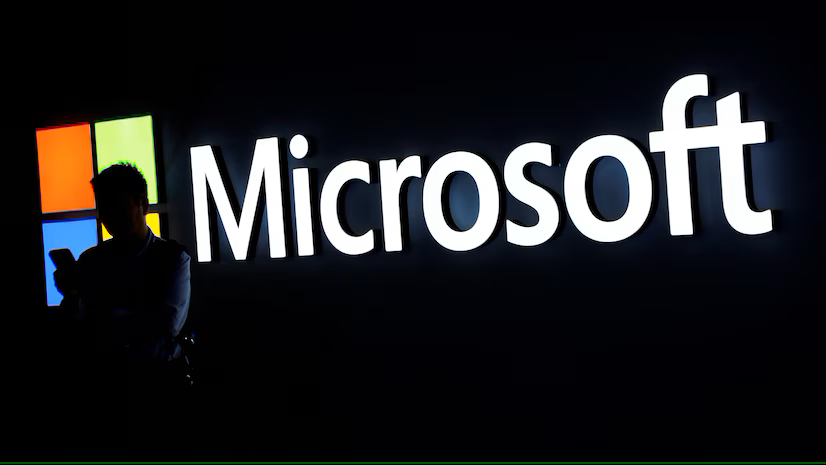
Pentagon Clamps Down on Media Coverage
The Trump administration has implemented new, restrictive policies for journalists covering the U.S. Department of Defense (DoD), drawing widespread condemnation from major news organizations and free-press advocates. The rules, outlined in a 17-page memo from Defense Secretary Pete Hegseth, require credentialed journalists to sign a pledge giving the Pentagon final approval over all reporting and publications, even on unclassified information.
Journalists who refuse to sign the pledge face the risk of losing their press credentials. The new policy also significantly limits journalists' access to the Pentagon building itself, prohibiting unescorted movement in many areas that were previously open.
Pentagon officials defend the new policy as a necessary measure for national security, citing a need to protect personnel and sensitive operations. They argue that the proliferation of misinformation and leaks of both classified and unclassified information necessitated the tighter controls.
However, prominent news organizations, including The Washington Post, The New York Times, and the Wall Street Journal, have denounced the restrictions. Critics contend the rules are a form of unconstitutional "prior restraint,"which violates journalistic independence and undermines the transparency essential for a functioning democracy. Legal experts and advocacy groups are anticipating lawsuits based on First Amendment grounds, fearing the policy oversteps existing precedents on press restrictions.
The new policy builds on earlier actions that have already impacted media outlets. Several large news organizations, including The New York Times and NPR, lost their dedicated office spaces within the Pentagon in early 2025. These spaces were reallocated to outlets widely perceived as more conservative under a "media rotation program."
The affected outlets have voiced concern that losing their physical workspace and constant access to the Pentagon will hinder their ability to report in real time and maintain crucial relationships with sources.
The policy also introduces several other significant consequences:
· Reduced Transparency: The new controls could make it far more difficult for the public to have oversight of military decisions, budgeting, and operations.
· Delayed Reporting: Requiring Pentagon approval for publication could cause significant delays or lead to the complete blockage of stories, even if the information is unclassified.
· Risk of Access Loss: Journalists who do not comply with the new rules face the permanent revocation of their credentials, effectively ending their ability to cover the DoD.






